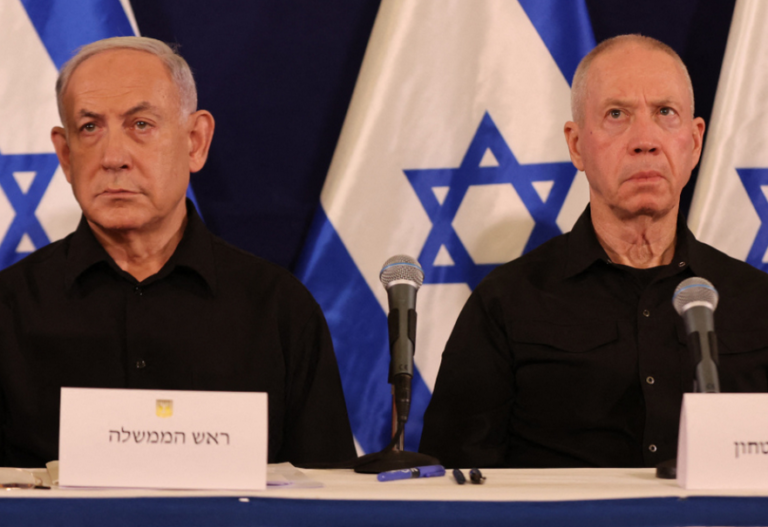The International Criminal Court (ICC) today issued international arrest warrants for Israeli Prime Minister Benjamin Netanyahu and former Defense Minister Yoav Gallant, accusing them of war crimes and crimes against humanity.
This decision follows months of intensive investigations and diplomatic pressure regarding Israel’s actions in Gaza between October 2023 and May 2024.
An arrest warrant was also issued for Mohammed Deif, a Hamas commander, although the Israeli military claimed he was killed in an airstrike in Gaza in July.
According to the Court’s statement, there is “reasonable evidence” suggesting that Netanyahu and Gallant “knowingly and deliberately deprived Gaza’s civilian population of essentials for survival, such as food, water, medicine, fuel, and electricity.”
The decision also includes allegations of broader acts of destruction targeting critical infrastructure, which reportedly contributed to the humanitarian crisis in the region.
ICC Jurisdiction and Israel’s Objections
Israel had filed two objections to the ICC’s jurisdiction, both of which were rejected. In its ruling, the ICC emphasized that “Israel’s acceptance of the Court’s jurisdiction is not required, as Palestine has recognized the ICC’s territorial jurisdiction.” This decision strengthens Palestine’s position in international legal processes and sets a precedent for addressing other alleged human rights violations in the region.
Charges and International Reaction
The charges include claims of deliberate actions leading to the humanitarian crisis in Gaza, such as widespread disruptions of essential services and the obstruction of humanitarian aid. The ICC noted that these actions might constitute a strategy to pressure Palestinian civilians and organizations operating in the area.
International human rights organizations have welcomed the ICC’s decision, emphasizing the need for accountability in cases of international law violations. Meanwhile, several governments are assessing how to respond to this development, with some expressing concerns about potential diplomatic and geopolitical ramifications.
Israel’s Position
The Israeli Prime Minister and former Defense Minister have not yet issued official statements on the decision, but strong reactions from Tel Aviv are anticipated. Israel has repeatedly dismissed the ICC’s legitimacy, claiming its actions are politically motivated and aimed at undermining Israeli sovereignty.
Next Steps
This decision paves the way for increased legal and diplomatic pressure on Israel. The ICC may request cooperation from member states to enforce the arrest warrants, potentially placing Israel under significant international scrutiny. Additionally, the case could serve as a landmark for the Court’s approach to conflicts involving war zones and humanitarian crises.
Ask me anything
Explore related questions





